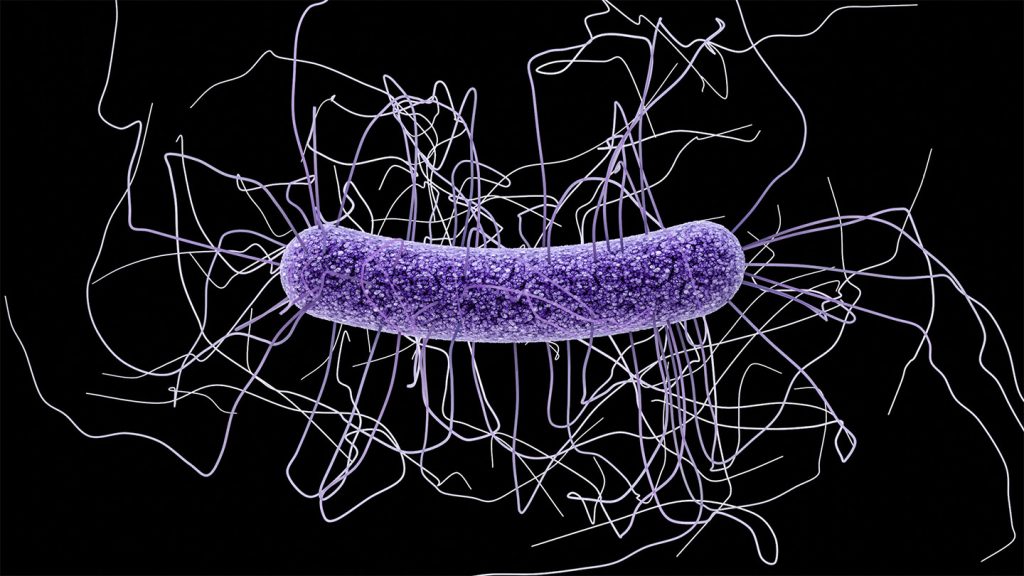Clostridioides difficile, a deadly intestinal infection, kills 30,000 people in the U.S. annually. Researchers have developed an mRNA vaccine that shows promise in protecting against this infection. The vaccine targets C. difficile and its toxins, providing protection against severe disease and death in mice. Although more research is needed to determine the safety and efficacy of the vaccine in humans, the results suggest that mRNA vaccines may offer a new approach where conventional vaccines have failed.
C. difficile is a troublesome pathogen that often causes intestinal problems after antibiotic treatment. It infects around 500,000 people annually in the U.S. and can lead to a range of symptoms from mild diarrhea to sepsis. Antibiotic-resistant spores make the infection difficult to eliminate. Previous vaccine attempts have not been very effective. The researchers at the University of Pennsylvania utilized mRNA technology to develop a vaccine targeting multiple proteins involved in C. difficile’s disease-causing abilities. In animal studies, the mRNA vaccine generated a strong immune response, including antibodies, immunoglobulins, and T cells.
The mRNA vaccine demonstrated its efficacy in animal models. Vaccinated mice exposed to lethal levels of C. difficile survived, while unvaccinated mice succumbed to the infection. Although the vaccinated mice still got infected, they experienced mild symptoms and recovered quickly. The protection provided by the vaccine was long-lasting, with previously vaccinated mice showing resilience to a second infection six months later. The vaccine also triggered a robust immune response in rhesus macaques, suggesting potential for further development.
While the results in animal models are promising, the researchers recognize the need to validate the vaccine in more naturalistic settings before proceeding to human trials. Testing in “dirty mice,” which have more realistic immune systems, will provide valuable insights into the vaccine’s efficacy and safety. Overall, the mRNA vaccine offers a new strategy for combatting C. difficile infections, showcasing the potential of this technology to address challenging pathogens where traditional vaccines have fallen short.
In conclusion, the development of an mRNA vaccine for C. difficile represents a significant advancement in the fight against this dangerous infection. The vaccine’s ability to induce a strong immune response and provide protection against severe disease and death in animal models is promising. Further research, including testing in more complex animal models and eventually in human trials, will be essential to determine the vaccine’s safety and efficacy. If successful, this mRNA vaccine could offer a much-needed solution to a longstanding challenge in the medical field.















